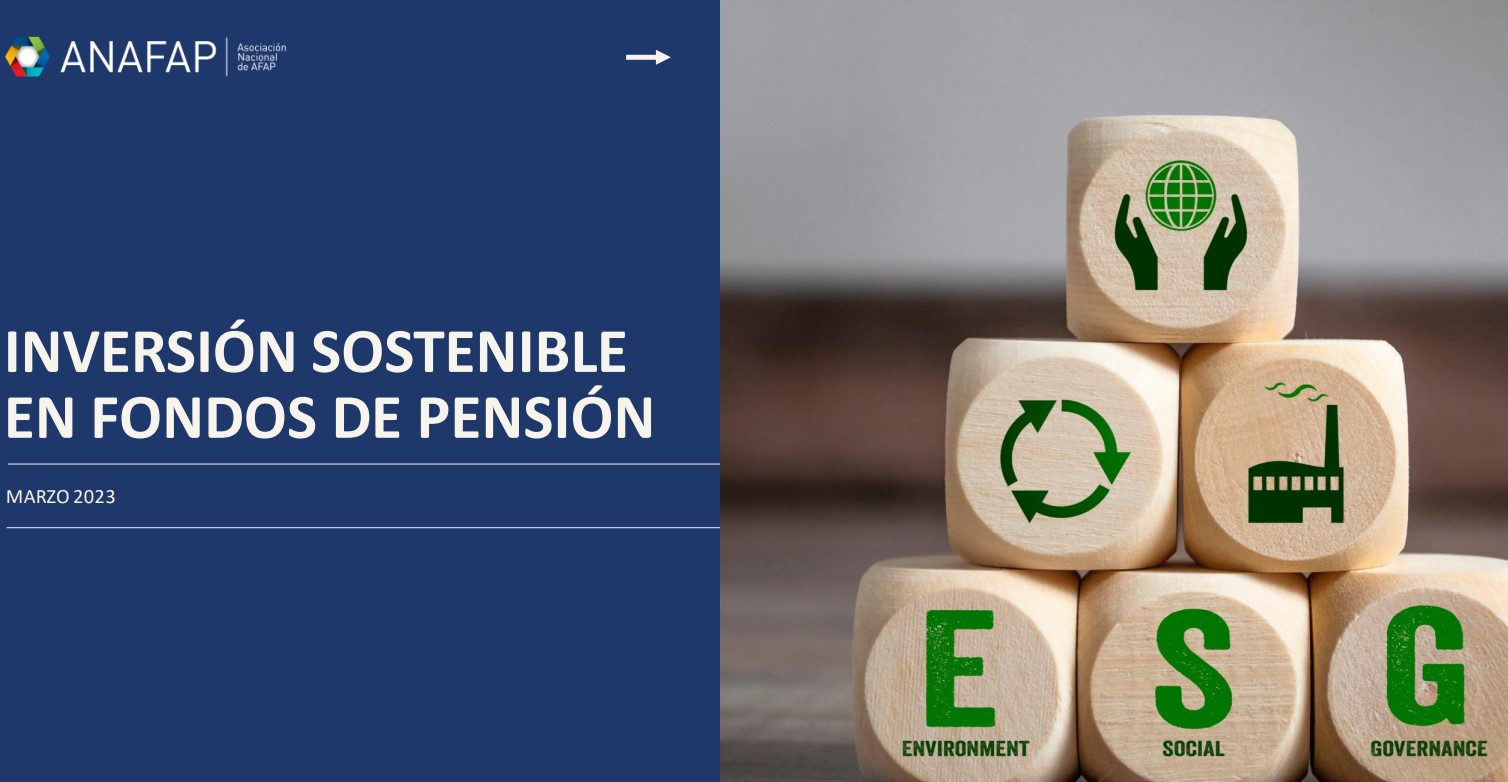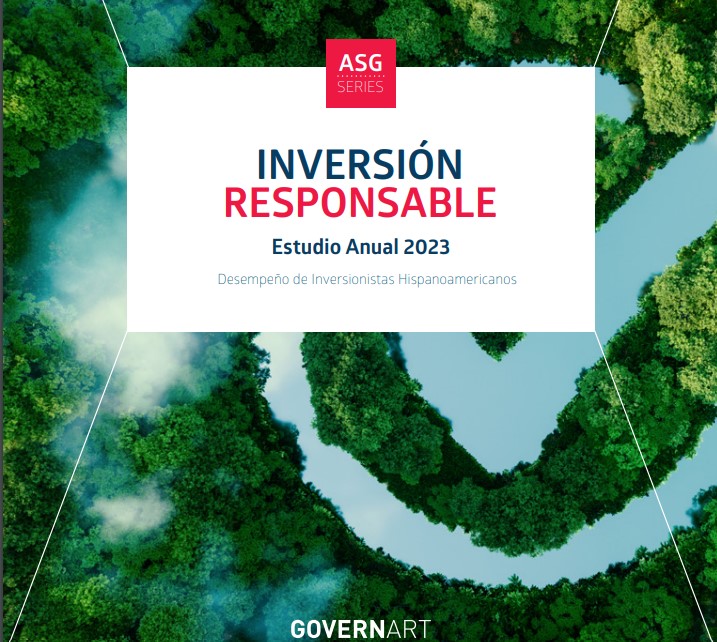Retirement Plan Reforms in the Absence of a Retirement Policy
By Natalya Shnitser The US retirement system is currently characterized by tremendous diversity of instruments, institutions, and intermediaries in pursuit of the same goal. While the goal – achieving financial security in retirement – is widely accepted by policymakers and participants, for individuals in the United States, the nature of the “investment” experience in the retirement context varies considerably based on the identity, savviness, and size of the intermediaries, as well as the particular legal regime to which such intermediaries...










